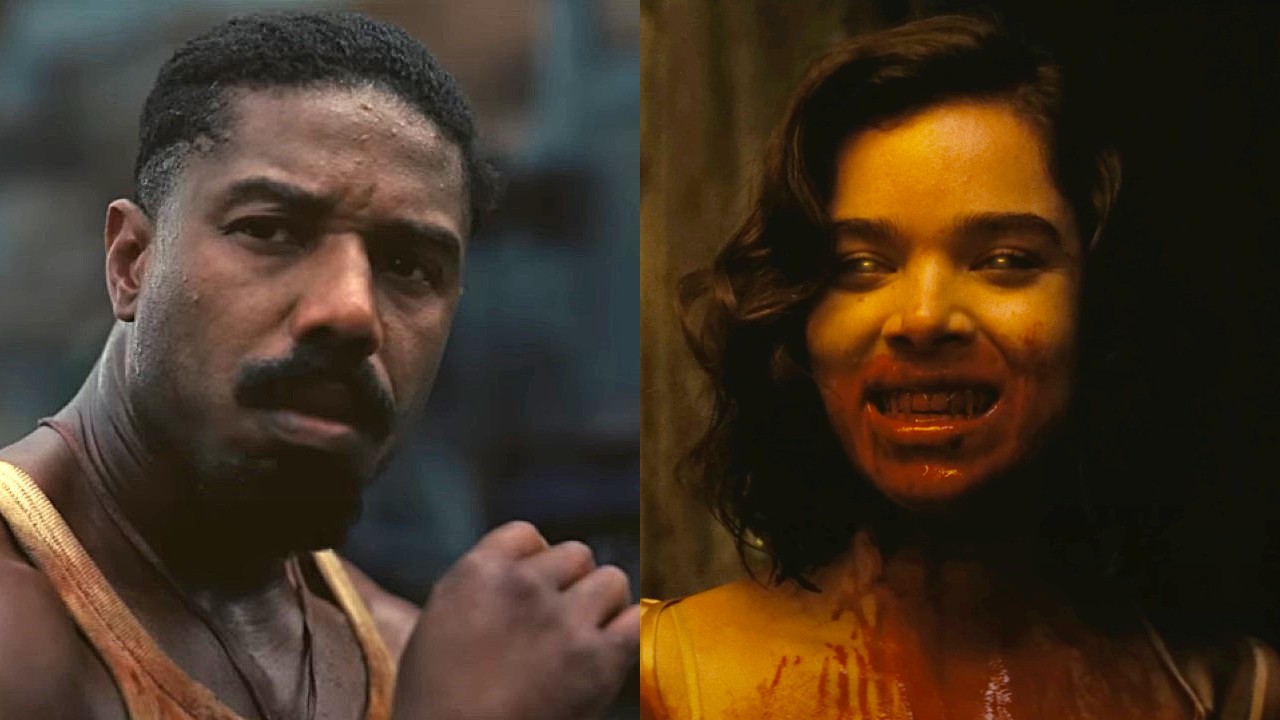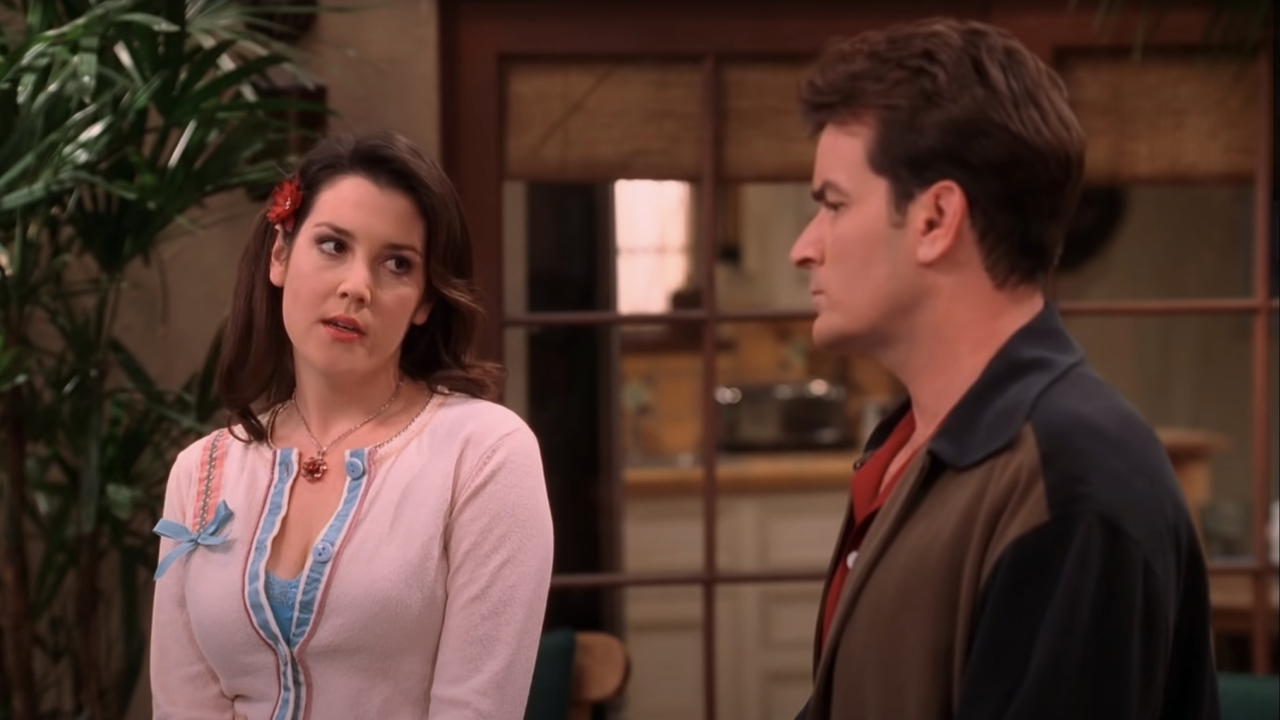5 Reasons Predators Is The Sequel Predator Deserved

John McTiernan’s film Predator is an 80s classic, a mixed-genre masterpiece that perfectly blends action, sci-fi and horror into something beautiful. It spawned one of the internet’s greatest memes (“GET TO DA CHOPPA!”), has some truly awesome catchphrases (“I ain't got time to bleed.”) and introduced one of the greatest alien species cinema has ever seen. It’s biggest problem, however, is that it was too successful for its own good and, in the last 23 years, has spawned three other films featuring the Predator that have never been worthy of the original. This Friday, the fifth film in the franchise will be released: Nimrod Antal’s Predators. If you have already read my review of the film, you know how much I enjoyed it. The film’s greatest strength is its willingness to tie itself to the first film, making it the first film in the franchise to do so. Josh doesn't agree, but I think the Robert Rodriguez produced movie is the first to actually be worthy of the Arnold Schwarzenegger classic, and here are five reasons why.

Direct And Subtle References Bring You Back To Guatemala 1987
Say what you will, but there’s no such thing as the “Predator series” – it’s merely a franchise linked by a single alien species. Save for one reference in 1990’s Predator 2, the franchise has never been too big on respecting the first film and its best qualities. Meanwhile, Nimrod Antal’s Predators does the exact opposite. The 1987 mission in Guatemala is not only referenced, but is one of the major turning points in the film: it’s how our new band of killers discovers what they are actually up against. Pair this alongside many in-references that fans of the McTiernan film will immediately pick up on – ol’ painless, anyone? – and the film begins to feel like a brother instead of a distant cousin.

Bringing Back Killers Vs. Killers
If you were to sit in a room with the fictional characters Dutch, Dillon, Mac, Blain and Billy from the 1987 film, the smell of badass would be overwhelming. A hardcore team of commandos, the group was initially sent into the jungle to rescue hostages from a group of guerillas, wiping out said militant group in the process. These were not a bunch of Los Angeles police officers, Antarctic scientists, or Colorado townsfolk. These were men that, like the Predator itself, were trained in the art of battle, and that’s an important aspect that em>Predators brings back for the first time since McTiernan’s film. These people brought to the alien game preserve were brought because there nature is to hunt and kill; they are the perfect challenge for a species that’s social hierarchy is based on dominance and pride. A Predator doesn’t hunt for sport, it hunts to get better at hunting, and Predators is the first film in the line of sequels to actually understand that.

How To Kill A Predator
It wasn’t until every single member of his team died that Arnold Schwarzenegger’s character realized how the alien functions and hunts to the point that he could exploit its weaknesses. Vision determined by heat signatures? Cover yourself in mud to block it. Targeting system using three triangular, red dots? Avoid them at all costs. Cloaking system that utilizes infrared light? Know that even if it appears you are alone, you probably aren’t. Dutch used this knowledge to his advantage in the climax of the film, which allows him to survive. The learning approach is the same taken by the characters in Antal’s new film. As our characters move through the jungle, doing their best to evade their captors, their brief encounters teach them what they need to know and they use this knowledge to help them survive: exactly what any predator would do. By the end, however, what they have learned is applied differently than what Dutch did, avoiding replication while also paying homage.
CINEMABLEND NEWSLETTER
Your Daily Blend of Entertainment News

Minimalism At Its Best
Though he directed two of the best action films of the 80s, John McTiernan was never known as a big budget action director. Predator was not like the work of Michael Bay or Roland Emmerich – it didn’t need gigantic explosions or tons of CGI to be effective. Instead, the film made great use of tiny blue energy blast and setting the occasional fire (excluding the very ending). Predators capitalizes on this idea. Made for only $40 million (Transformers, by comparison, cost $150 million), the team of Robert Rodriguez and Nimrod Antal acknowledge the less-is-more method and apply it to their own film. What results is an extended use of practical effects where possible and the choice of tension building over non-stop action, one of the first film’s greatest qualities.

It Follows The Rule Of Sequels That All The Others Broke
If Hollywood had its way, every single film that makes over $80 million at the box office would have a sequel, but the truth of the matter is that not every film that makes money and experiences commercial success has another story to tell. This is what’s been happening since 1990 with the Predator franchise. Predator 2 could have featured any alien life form killing people around L.A. and the two Alien vs. Predator movies were simply cheap attempts to wow audiences by combining franchises. It took until 2010 for another proper story to be told about this incredible life-form to be made. The three preceding films were hollow attempts to make a buck. Predators is fan-fiction on the silver screen.
Looking for an alternate opinion? Check out Josh's take: 5 Reasons Predators Isn't The Sequel Predator Deserved.

Eric Eisenberg is the Assistant Managing Editor at CinemaBlend. After graduating Boston University and earning a bachelor’s degree in journalism, he took a part-time job as a staff writer for CinemaBlend, and after six months was offered the opportunity to move to Los Angeles and take on a newly created West Coast Editor position. Over a decade later, he's continuing to advance his interests and expertise. In addition to conducting filmmaker interviews and contributing to the news and feature content of the site, Eric also oversees the Movie Reviews section, writes the the weekend box office report (published Sundays), and is the site's resident Stephen King expert. He has two King-related columns.









